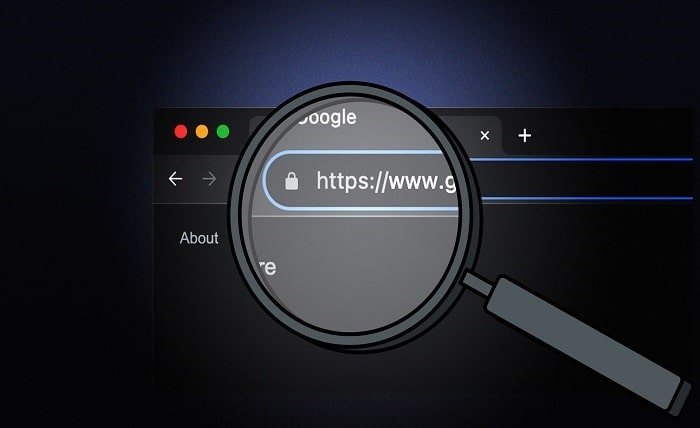Proxy vs. VPN: What’s the Difference?

In an era where digital privacy and security have become paramount, tools like proxies and VPNs (Virtual Private Networks) are frequently discussed. Both serve to mask your IP address and protect your online identity, but they operate in distinct ways and are suited to different tasks. A newer term, “Proxyium,” is also emerging in this space, indicating the continuous evolution of these technologies. This article will explore the differences between proxies and VPNs, helping you determine which is best for your needs.
What is a Proxy?
A proxy server acts as an intermediary between your device and the internet. When you connect to a website through a proxy, your request is routed through the proxy server, which then accesses the website on your behalf. The website sees the IP address of the proxy server rather than your actual IP address. Proxies are often used for:
- Bypassing Geo-Restrictions: Accessing content that is blocked in your region.
- Anonymity: Hiding your IP address to maintain privacy.
- Content Filtering: Organizations and schools use proxies to control what content can be accessed on their networks.
There are different types of proxies, including HTTP proxies, SOCKS proxies, and transparent proxies, each serving specific purposes. While proxies can provide a level of anonymity, they do not encrypt your traffic, leaving it potentially vulnerable to interception.
What is a VPN?
A Virtual Private Network (VPN) is a more comprehensive solution for online privacy and security. When you connect to a VPN, it creates a secure, encrypted tunnel between your device and the VPN server. This ensures that all your internet traffic is encrypted, protecting your data from hackers, ISPs, and other prying eyes. VPNs are used for:
- Enhanced Privacy: Masking your IP address and encrypting your internet traffic.
- Secure Connection: Protecting sensitive data, especially on public Wi-Fi networks.
- Bypassing Censorship: Accessing restricted websites and services in regions with internet censorship.
Unlike proxies, VPNs provide end-to-end encryption, making them more secure. They are ideal for users who need a high level of security, such as when handling sensitive information or conducting financial transactions online.
Introducing Proxyium
Proxyium represents a new breed of internet privacy tools that blend the features of both proxies and VPNs. This hybrid solution aims to offer the simplicity and speed of proxies with the robust security features of VPNs. Proxyium is designed to cater to users who need quick and easy access to geo-restricted content without compromising on security. While still a relatively new concept, Proxyium promises to enhance the way we think about online privacy and protection.
Key Differences Between Proxies and VPNs
- Encryption:
- Proxies: Typically do not encrypt data, making them less secure.
- VPNs: Encrypt all internet traffic, providing robust security.
- Performance:
- Proxies: Often faster due to the lack of encryption, suitable for tasks like web scraping or bypassing content restrictions.
- VPNs: May introduce some latency due to encryption overhead, but offer superior privacy and security.
- Use Cases:
- Proxies: Best for simple tasks that require changing IP addresses or bypassing geo-restrictions.
- VPNs: Ideal for secure, private browsing, and protecting sensitive data on public networks.
- Cost:
- Proxies: Generally cheaper or even free, but with limited features.
- VPNs: Typically subscription-based, reflecting their advanced security and privacy features.
Choosing the Right Tool
The choice between a proxy and a VPN depends on your specific needs. If you require fast access to geo-restricted content with minimal security concerns, a proxy might suffice. However, if you need comprehensive privacy and security, especially when using public Wi-Fi or handling sensitive information, a VPN is the better choice. Proxyium offers a promising middle ground, combining the benefits of both technologies.
In conclusion, understanding the differences between proxies and VPNs is essential for making informed decisions about your online privacy and security. As technology continues to evolve, solutions like Proxyium are emerging to meet the diverse needs of internet users, blending the strengths of both proxies and VPNs for a versatile approach to digital privacy.




